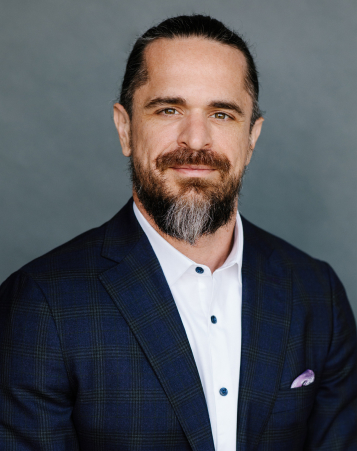
Sharing what we’ve learned with other attorneys
Trucking cases, as with all types of catastrophic litigation, are expert-driven cases. When people are injured in truck accidents, expert testimony can play a vital role in holding negligent parties accountable and helping them recover the financial compensation they deserve.
Because of that, lawyers for trucking companies and insurance carriers often don’t want such testimony to be heard. Daubert and Rule 702 are the main evidentiary basis for excluding expert testimony at trial – and they were the topic of a July webinar led by Nathan Gaffney of Fried Goldberg LLC.
The history of a landmark decision
Daubert v. Merrell Dow Pharmaceuticals, Inc., is a landmark 1993 decision by the United States Supreme Court that reshaped how scientific evidence is admitted in federal court. The key issue in the case was the admissibility of expert testimony regarding the causation of birth defects.
The trial court initially excluded the testimony of the plaintiffs' experts, ruling that their methodologies were not generally accepted in the scientific community, a standard derived from the 1923 case Frye v. United States.
The Daubert ruling significantly changed this standard, rejecting the strict "general acceptance" test of the Frye standard. Instead, the Supreme Court introduced a new standard that judges must use to assess whether scientific evidence is both relevant and reliable, essentially making the trial judge the "gatekeeper" of scientific evidence.
Rule 702 of the Federal Rules of Evidence governs the admissibility of expert testimony in federal courts in the United States and was significantly influenced by the Daubert decision.
Avoiding pitfalls and looking for opportunities
"The purpose of the webinar was to provide practical advice and perspective based on many years of experience,” Nathan said. “I am serious when I say ‘practical’ here. There were no cases cited in this webinar. That was intentional because those details do not matter for our purposes. Instead, the goal is encouraging ‘Daubert mindfulness.’”
Nathan said lawyers don’t need an encyclopedic knowledge of Daubert and the cases that interpret it. However, they do need to be aware of Daubert principles to avoid pitfalls with their own experts while taking advantage of opportunities that arise regarding their opponent’s experts.
“Because all parties must use experts, Daubert principles and concepts exist as both shields and swords that can simultaneously be used to protect the opinions of your experts and exclude the opinions of your opponents,” Nathan points out.
“This webinar discussed sword and shield moments that arise throughout the life cycle of the case, from selecting an expert to initially setting ground rules on communication to the drafting of their report to the giving of the expert’s deposition.”
Nathan said that remaining “Daubert mindful” can help attorneys avoid problems, take advantage of opportunities, and maximize the recovery of their clients.
A trucking litigation firm that gets results
A native of Atlanta, Nathan is a partner and trial attorney at Fried Goldberg LLC. He joined the firm after several years as a defense attorney in catastrophic injury and wrongful death cases. His unique experience, legal skills, and knowledge have helped many clients who suffered an injury or loss get justice.
Since 2008, our firm has been obtaining multimillion-dollar verdicts and settlements for clients across the country, including:
- $52 million for a teen who suffered a severe brain injury after a tractor-trailer ran a stop sign.
- $31 million for the family of an adult and two children killed after a tractor-trailer rear-ended their vehicle.
- $21 million for a man who was run over by a tractor-trailer, resulting in the amputation of both legs in Gwinnett County, Georgia.
If you or someone you love has been injured in a truck accident, learn more about how we can help. Contact us to schedule a free consultation.
